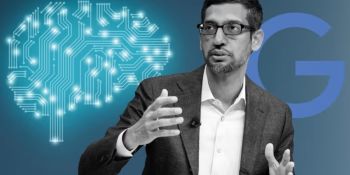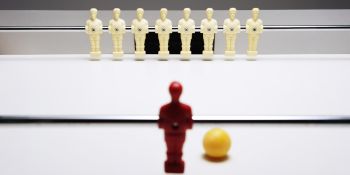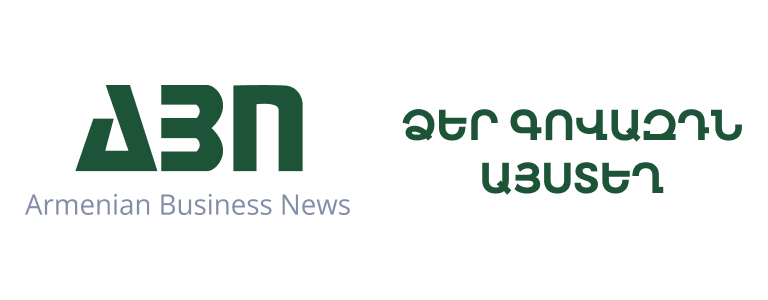-

July 2025 Securities Market Data at the Armenia Stock Exchange
2025/08/06/ 11:27 -

The US Embassy in Yerevan has switched to a new online system
2025/08/06/ 11:17 -

The Power of One Dram Team Visits the Hayordi Camp
2025/08/05/ 16:31 -

Artificial intelligence is killing SEO in front of the whole world.
2025/08/05/ 15:06 -

OpenAI warns. ChatGPT may respond incorrectly in critical situations.
2025/08/05/ 13:45 -

When September Comes: Idram&IDBank
2025/08/04/ 16:42 -

Why is the boundary between a leader's professional and personal identity important?
2025/08/03/ 10:21 -

Three practical steps that will prevent you from losing the people who keep your business running
2025/08/01/ 17:17 -

IDBank's new premium business card – Mastercard Business Preferred
2025/08/01/ 12:45 -

Which professions will be the first to lose their jobs due to AI. Microsoft's warning
2025/07/31/ 14:21
 Subscribe
Subscribe














